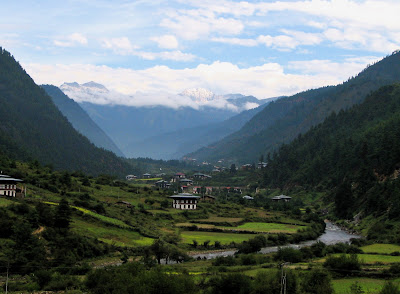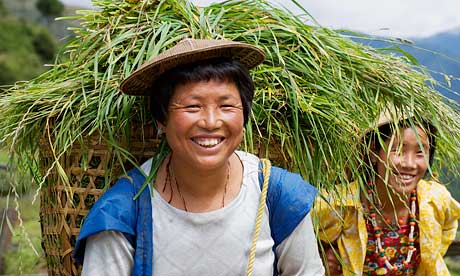Jamaica Kincaid, in her book: "A small place", portrays the typical tourist experience in Antigua and then reflects upon her childhood experiences in the island. There is a quote that depicts how she feels regarding what a tourist is and how he views the country which he is visiting: “But some natives--most natives in the world--cannot go anywhere. They are too poor. They are too poor to go anywhere. They are too poor to escape the reality of their lives; and they are too poor to live properly in the place where they live, which is the very place you, the tourist, want to go--so when the natives see you, the tourist, they envy you, they envy your ability to leave your own banality and boredom, they enjoy your ability to turn their own banality and boredom into a source of pleasure for yourself(18-19).” This quote portrays how the tourists is a priviledged person in a foreign country.
Becoming a tourist makes you unaware of the realities that each country faces. You're visiting just for fun. You arrie at the hotel, eat dinner at the local restaurants within the area you are staying, do some of the popular tourist attractions; nothing more. In a sense, you are like an escape artist which evades troubling situations as you distance yourself from the realities of the place you visit. As said so in "Constructing a nation: Jamaica Kincaid's A Small Place", written by McLeod, "the tourist is
more determined to remain oblivious to local social ills; after all, the tourist has paid good
money for this fantasy, while the colonizer is either born in the colonized space or immigrates
there for personal and financial opportunity (McLeod,89)." Tourists visit countries in order to escape their own realities; they are ignorant of the political and social realities of the places they visit.
Although being a tourist is fun, if you really want to experience a country, you must become a traveler and learn from the different aspects of the country: its culture, economic reality, political status, social norms, etc. all of these elements will give a more compelling picture of what a country truly has to offer. Then accepting these realities will bring you closer with the locals, thus eliminating the feeling of being an outsider who does not understand the lifestyle of the locals.






